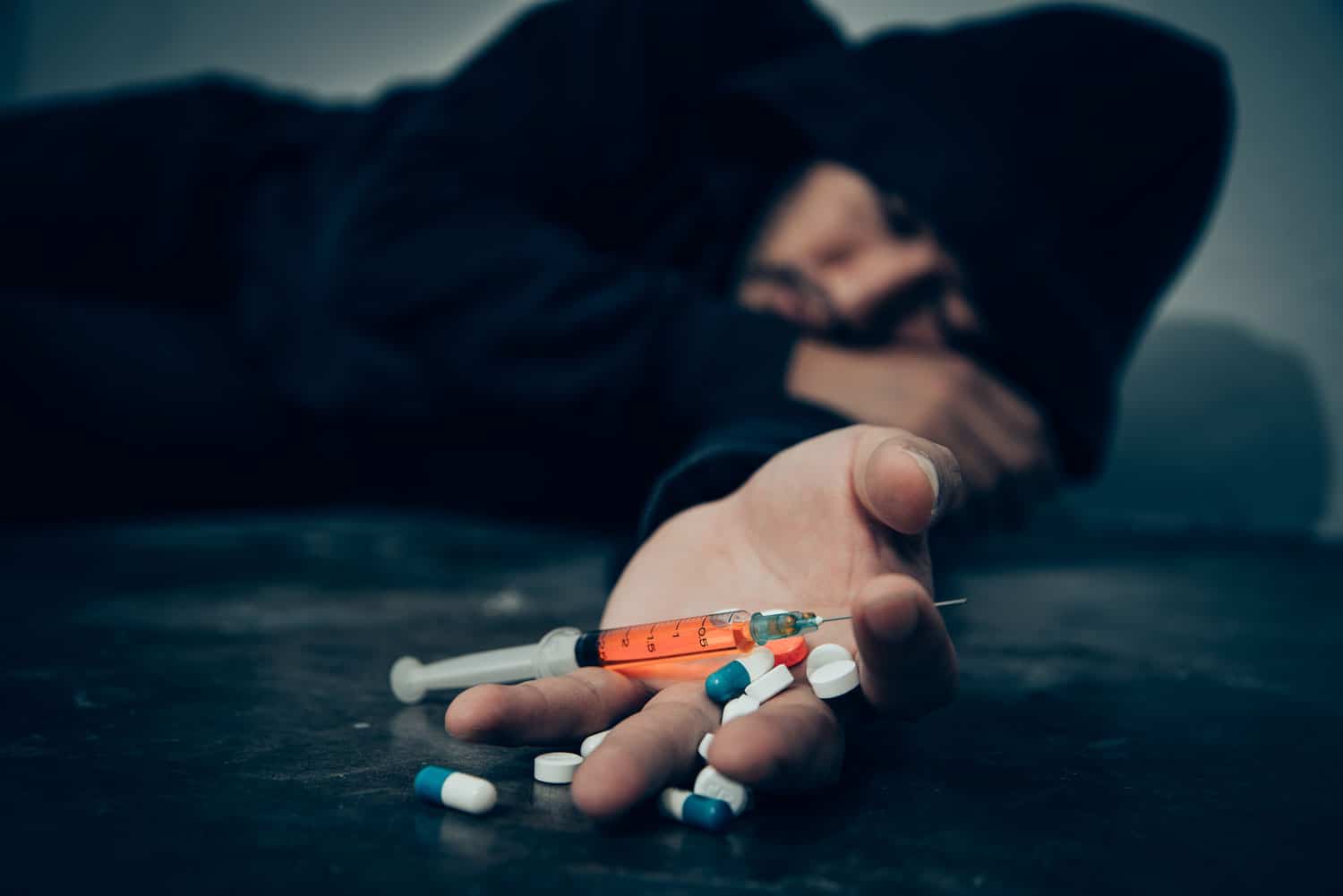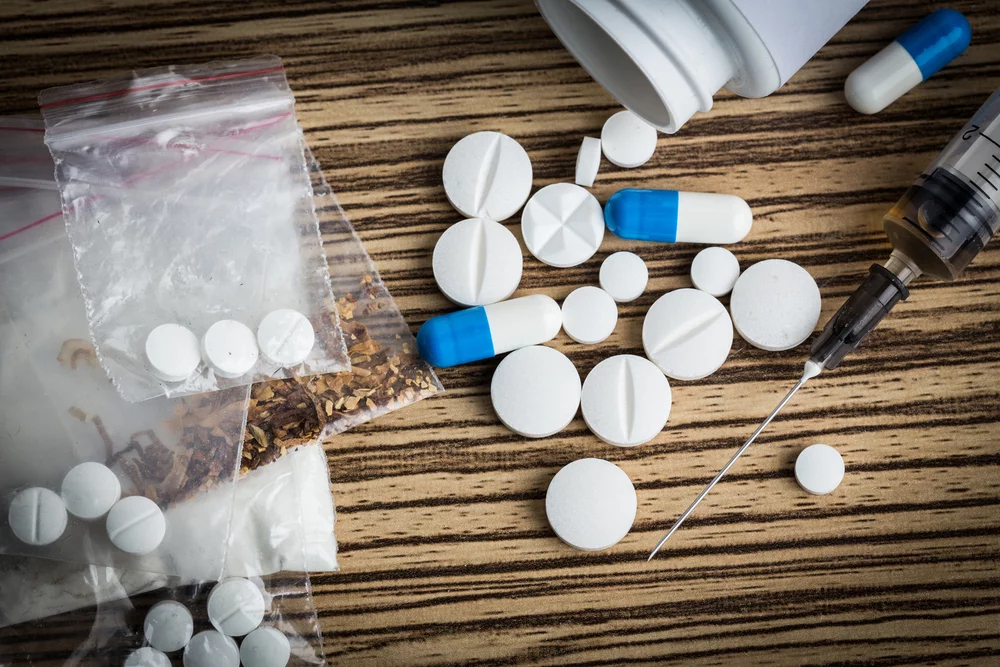Going to rehab to treat an addiction and maintaining sobriety is a remarkable achievement. It takes a great deal of willpower and hard work, but the rewards are worth all of the effort. There are many benefits to overcoming a drug or alcohol addiction, such as higher energy levels, improved health and a general sense of tranquility and comfort. However, staying sober is a daily choice that requires constant effort in order to reap its benefits.
Sometimes people slip-up and end up relapsing, which describes returning to using substances. Addiction relapse is often viewed as an event but, in reality, it is a process that can start days, weeks, if not months, prior to the physical relapse event. If you want to know what it is required for relapse prevention, you first have to know the stages that are involved in relapse.
Stage 1 emotional relapse
A person is not necessarily thinking about using substances during emotional relapse, though their actions and behaviour may start paving the path. These triggers are usually initiated by stress, which can cause:
- Anger
- Anxiety
- Depression
- Changes in sleeping or eating habits
- Feelings of loneliness or isolation
- Frustration
- Irritability
- Mood swings
In order to stop emotional relapse from progressing into mental relapse, the addict has to accept the presence of these feelings, acknowledge that these emotions are preparing them for using substances as an easy coping mechanism, and contact their sponsor or visit their support group. This stage offers a chance to regain control of one’s body and avoid letting emotions take over, particularly during early recovery when a person is that much more vulnerable.
If emotional triggers are not taken care of, they can start to play with the mind and progress into the next stage mental relapse.
Stage 2 mental relapse
During mental relapse, a person may start to feel strange in their own skin. Their underlying emotions may have created a mental conflict or disconnect. They often start to contemplate using substances again, though that does not always mean that they will relapse. Initially, these thoughts may come and go, and they are able to push them out of their mind.
However, if a person stays in this stage for an extended period of time, without getting the help that they need, the brain’s addictive centres may become increasingly stimulated and increase triggers and cravings that lead to use. They end up negotiating, missing therapy or meetings, putting themselves in dodgy circumstances (such as where other people are using substances) or, at worst, mentally preparing for their relapse.
The good news is that if emotional and mental addiction relapse signs are realised in time and appropriate action is taken, then the progression into the final stage, the actual use of drugs or alcohol, can be prevented.
Stage 3 physical relapse
The worst of all three stages is physical relapse. The person may start to wonder how it happened, if it will happen again and what their next steps should be. It may be hard for them to imagine returning to sobriety, especially when feelings of anger, guilt, disappointment, shame and hopelessness start to take over. But understanding that relapse is a gradual process can help them move forward and make different choices in the future.
Addiction is a disease and relapse is not a sign of failure, but rather another trial that must be overcome on the path to sobriety.
The Importance of Aftercare When it Comes to Preventing Addiction Relapse
Of course, the ideal scenario is to avoid relapse by taking the appropriate steps to stay on track. Aftercare is an essential aspect when it comes to preventing relapse and can be used as long as required. It incorporates relapse prevention principles to teach addicts ways to stay sober by learning how to recognise potential triggers, stay away from high-risk scenarios and use the best and healthiest psychological coping skills.
Relapse prevention methods can be used during any stage of the recovery process, with many practices that are learned during rehab and continued during aftercare. Recovering addicts can learn how to prevent compulsive and impulsive behavioural reactions by using mindfulness approaches along with cognitive behavioural therapy (CBT) techniques.
The Dawn’s Addiction Relapse Prevention & Aftercare Programme

The Dawn Medical Rehab and Wellness Centre is a state-of-the-art facility that is run by experts in the medical field. We offer an online aftercare and relapse prevention programme that is designed to suit any client, regardless of their addiction or location. Our internet-linked programme offers both one-on-one and group sessions and uses a CBT-based approach to help our clients avoid relapse.
If you or someone you know is facing drug, alcohol, process addiction or relapse, do not wait until it is too late. Contact The Dawn today to receive a no-obligation assessment and find out what help is available.
Related Posts
 Part of a Process: The Six Stages of Alcohol Recovery
Overcoming an alcohol addiction is a steady, step-by-step process. Giving yourself time at each stage – and understanding that recovery may have some setbacks – can help you have realistic,...
Part of a Process: The Six Stages of Alcohol Recovery
Overcoming an alcohol addiction is a steady, step-by-step process. Giving yourself time at each stage – and understanding that recovery may have some setbacks – can help you have realistic,...
 4 Stages of Drug Addiction: from Experimentation to Full Blown Dependency
There are many factors that may contribute to drug addiction, including genetic and environmental influences, socio-economic status, personal behavioural patterns etc. However, most professionals within the field of addiction have...
4 Stages of Drug Addiction: from Experimentation to Full Blown Dependency
There are many factors that may contribute to drug addiction, including genetic and environmental influences, socio-economic status, personal behavioural patterns etc. However, most professionals within the field of addiction have...
 What You Need to Know About Opioid Withdrawal Symptoms, Detox and Treatment
Opioid addiction is becoming a global problem and is currently the primary cause of drug overdose in the U.S. Opioids such as morphine and codeine are synthetic drugs that cause the...
What You Need to Know About Opioid Withdrawal Symptoms, Detox and Treatment
Opioid addiction is becoming a global problem and is currently the primary cause of drug overdose in the U.S. Opioids such as morphine and codeine are synthetic drugs that cause the...
 A High-Functioning Alcoholic’s Journey Through the Stages of Alcohol Addiction
Alcohol addiction starts gradually and turns into a serious problem over time. Since the symptoms occur gradually, many individuals do not realise that they are developing a problem. Understanding the various...
A High-Functioning Alcoholic’s Journey Through the Stages of Alcohol Addiction
Alcohol addiction starts gradually and turns into a serious problem over time. Since the symptoms occur gradually, many individuals do not realise that they are developing a problem. Understanding the various...





